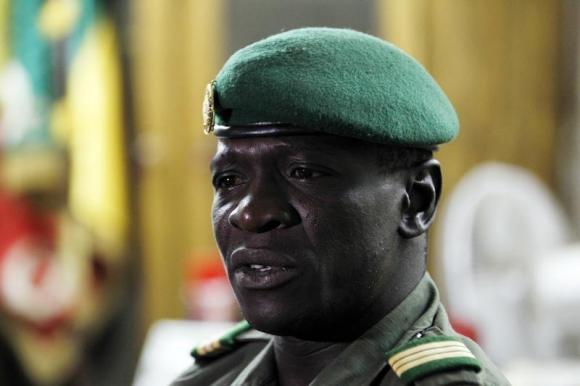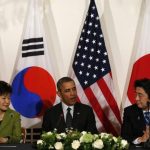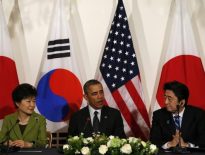(Reuters) – The leader of a military coup that plunged Mali into chaos two years ago, allowing Islamists to seize its desert north, has abandoned a hunger strike to protest against the conditions of his detention, military sources said.

General Amadou Sanogo was arrested and charged with complicity in kidnapping in November with regard to the disappearance during the 2012 coup of dozens of paratroopers loyal to toppled President Amadou Toumani Toure.
He had begun a hunger strike on Wednesday after he was transferred to the lakeside town of Selingue, a popular tourist destination 150 km (90 miles) south of the capital Bamako. His lawyer said this had left him cut off from his family and legal advisers, deprived him of medical care and placed him in danger.
Members of the MP22 movement, formed in the wake of Sanogo’s March 22 putsch, staged a march in Bamako on Saturday to mark the second anniversary of the coup and called on Sanogo to abandon his hunger strike.
He was sick. He had a very bad stomach on Thursday, said a military source close to Sanogo’s family. His supporters called on him to abandon his hunger strike rather than die a martyr and apparently he listened to them.
Authorities have discovered 30 bodies, some of them in military uniforms, in mass graves near the headquarters of the coup leaders at the military barracks in the town of Kati, just outside Bamako.
Thirty-two Malian soldiers arrested with Sanogo in November were released after they began a hunger strike in January to protest against the conditions of their detention.
While the 2012 coup drew international condemnation, it was welcomed by many ordinary Malians who were tired of years of widespread graft and political deadlock. A French-led military intervention last year helped break the Islamists’ grip over Mali’s sparsely populated desert north.
Sanogo’s popularity, however, has been dented by subsequent allegations of rights abuses and graft under the junta.
The government of President Ibrahima Boubacar Keita, elected in August, is under pressure to restore the state’s authority over the army and to root out pockets of remaining Islamist rebels in the north.
(Reporting by Tiemoko Diallo; Writing by Daniel Flynn; Editing by Bate Felix)





